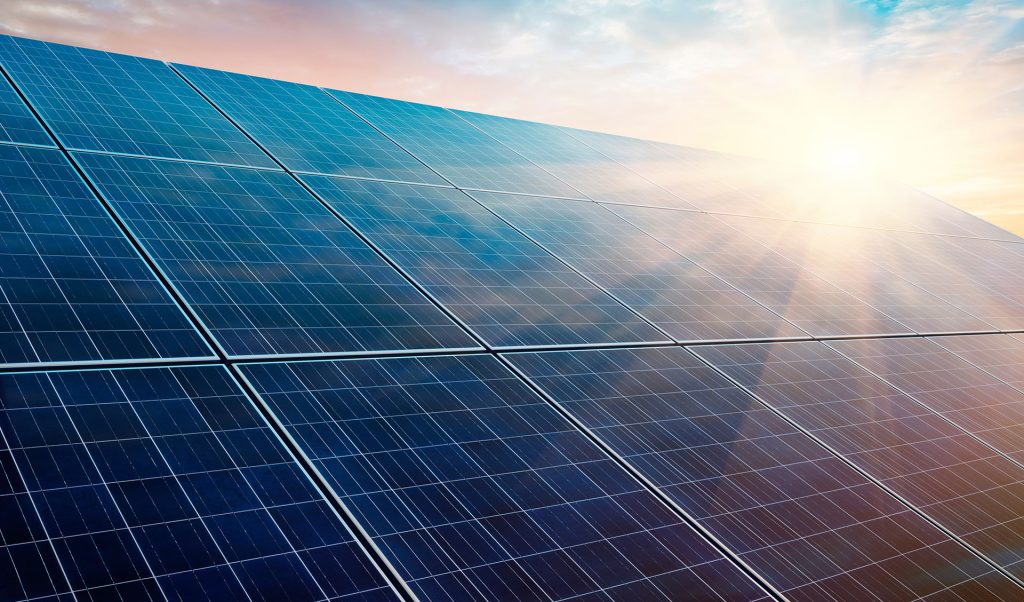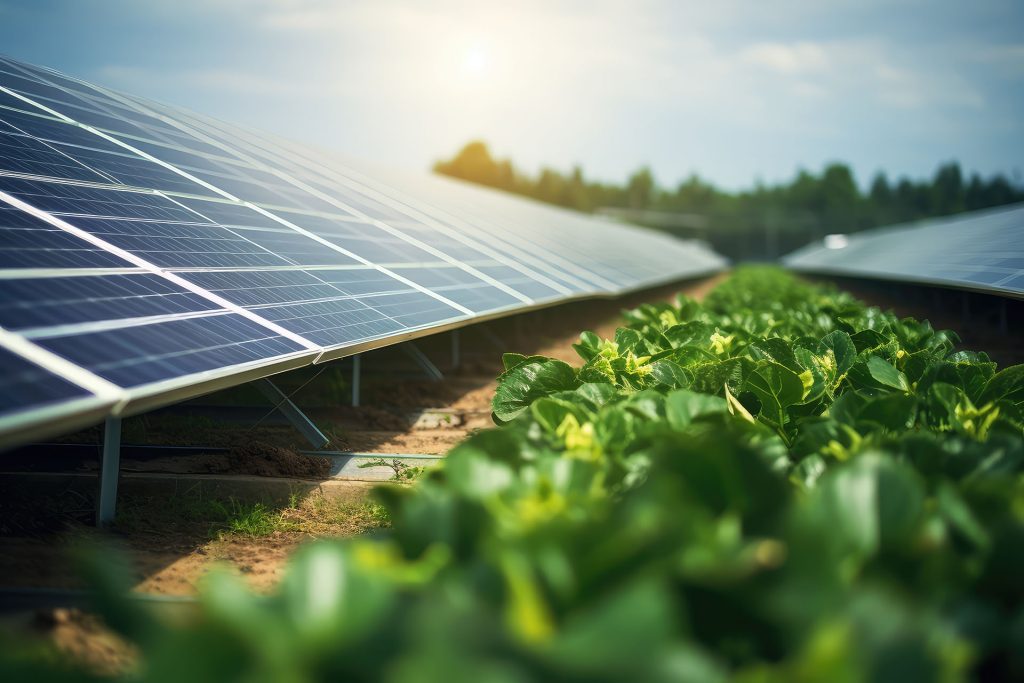Why is workplace ventilation so important against the spread of COVID-19
Ventilation is the procedure of introducing fresh air into indoor spaces while removing stale air. Letting clean fresh air into indoor spaces can dramatically help remove air that contains virus particles and prevent the spread of coronavirus (COVID-19).
When someone with COVID-19 breathes, speaks, coughs or sneezes, they deliver particles (droplets and aerosols) containing the virus that causes COVID-19 into the air. While larger droplets fall quickly to the ground, aerosols containing the virus can remain suspended in the air. If someone breathes in virus particles that hang in the air, they can become infected with COVID-19. This is known as airborne transmission.
In rooms with poor ventilation the amount of virus in the air can build up, increasing the risk of spreading COVID-19, especially when there are a lot of infected people in the room. The virus also remains in the air after well after an infected person has left.
Introducing fresh air into a room and removing older stale air that contains virus particles significantly reduces the chance of spreading COVID-19. The more clean fresh air that is brought inside, the quicker any airborne virus will be removed from the room.
Ventilation is most important if someone in the room has COVID-19 or if you are indoors with people, you do not live with. You can pass COVID-19 on to others whilst having no or mild symptoms.
Good ventilation has also been linked to health benefits such as better sleep and fewer sick days off from work or school.
Introduce Pure air with the H10 electronic filters in the work place.
Increase of the filtration efficiency and decrease the operating costs of heating and cooling in the workplace whilst effectivity removing COVID-19 and other pollutants from the air. .
Introducing untreated outdoor air to dilute indoor pollutants is not a solution, because of additional polluting agents present in outdoor air.
The new electronic filters available from KAST make fresh air even more efficient and at the same time they reduce costs for ventilation and maintenance compared with traditional systems .
High efficiency filters (F7 category) of a traditional system increase the energy spent on ventilation, because of greater loss of pressure and also require more frequent maintenance, with a significant cost at the end of each year to replace the filters.
The efficiency of electronic the filter on KAST’s system is equivalent to classification H10 used in traditional filters, that is the category indicated as “absolute filter”.
These are effective even against:
- Smoke
- Fine dust
- Particulates PM10, PM2,5, PM1
- Bacteria
- Nano-particle
- Germs and viruses
Read what the HSE guidance is here
Call KAST and find out how to make your workplace, classroom or office COVID-19 safe.




